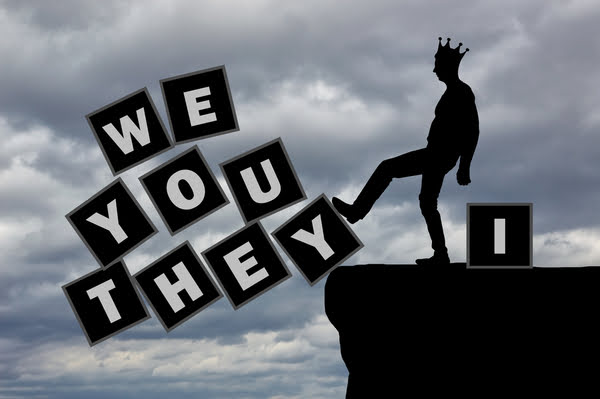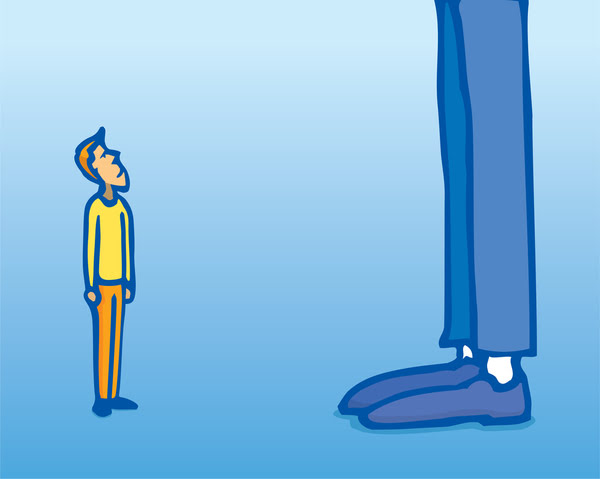9 Traits of a selfish man
Humans are programmed to be selfish, so they can gain access to resources and ensure their survival. Some are more selfish than others, to the point that they ruin their relationships. They become a nuisance to be with, and everyone tries to avoid them. While women can be selfish, too, it’s primarily men who tend









